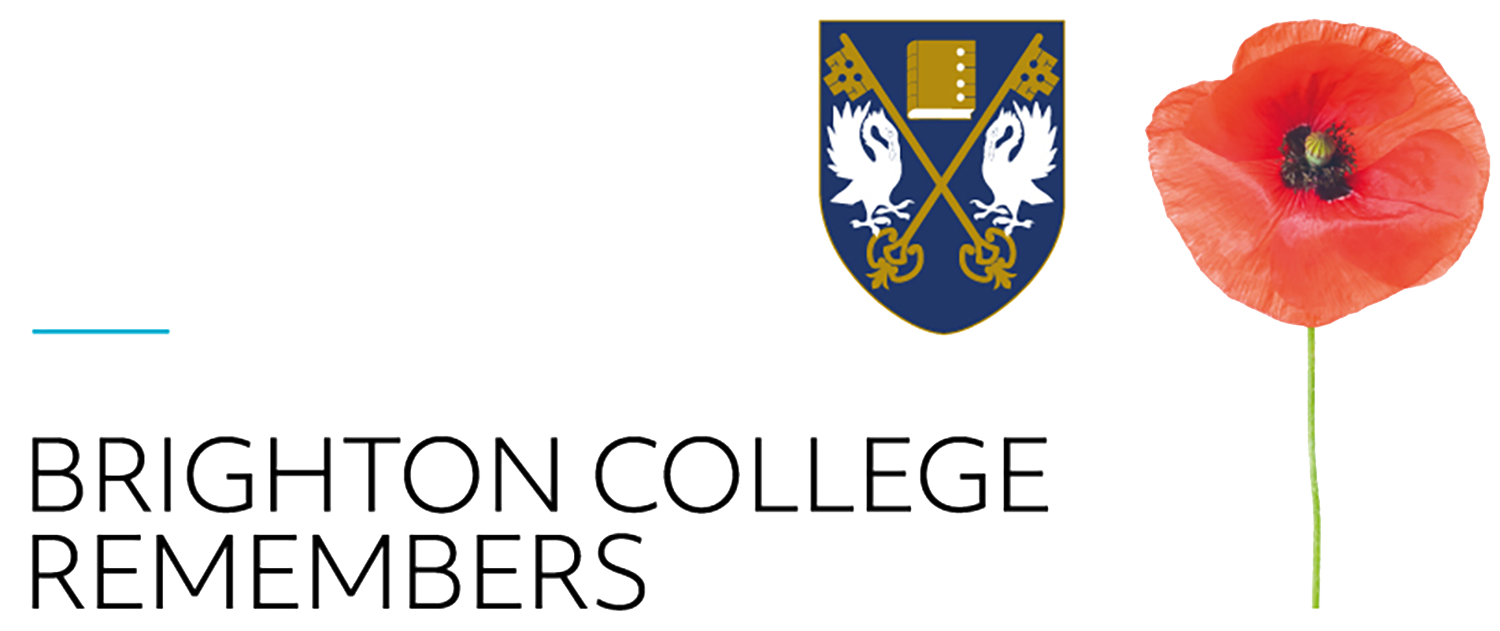Second Lieutenant, Norfolk Regiment
Born: March 14th 1899
Died: September 18th 1918
Age at Death: 19
Killed in action, France, September 18th 1918
Brighton College Register: Son of Dr John Norton, 54 St Anne's Gate, London.
A donation to the memorial statue has been made in honour of this solider by Rebecca Jones and Sam O'Donahue.
A donation to the memorial statue has been made in honour of this solider by Mr & Mrs Tarvin.
Richard Norton (School House 1911-1916)
Richard Norton was born on March 14th 1899 in Mayfair, London. He was the only child of Dr Richard Norton, a successful Doctor, and his wife Mabel (née Hooper). It is unknown why he was sent to board at the College and there is some evidence that he spent much of his holidays with the Hall family in Marcham, Berkshire rather than at home with his parents.
A short time after he had left school Norton began officer training and on 20th December 1917 he received a commission in the 9th Battalion, Norfolk Regiment, which formed part of the 6th Division by the time Norton arrived. Norton’s Medal Index Card shows that he first entered the Theatre of War in France on the 21st August 1918. The 9th Battalion War Diary shows he was taken onto the strength of the Battalion on the 25th August.
During 1918 he fought in many key actions which took place following the massive offensive, known as Kaiserschalcht or the Ludendorff Offensive, which the Germans launched on March 21st 1918 with the aim of winning the war.
On September 18th 1918, 9th Battalion were part of a Brigade Level attack in conjunction with the French, intended to push the allied front line past Holnon Wood. This formed part of the attack on the area around Épehy, an ultimately successful attempt to take a series of German outposts before the main assault on the Hindenburg Line.
A combination of rain, mist and shelling saw parts of the Battalion lose their way even before they reached the Assembly area. The weather combination meant Holnon Wood itself became gas saturated and so had to be bypassed, leaving the attacking units unaware of where each other were. At the planned time of the attack only one and a half companies rather than the planned four had reached the start line. The 9th Battalion probably got the furthest forward, but were eventually forced to pull back. Norton was one of 26 men from the 9th Battalion now known to have died on that day.
Norton is buried in the Chappelle British Cemetery, Holnon, France.
Source: LEST WE FORGET PROJECT, Brighton College 2014/15

